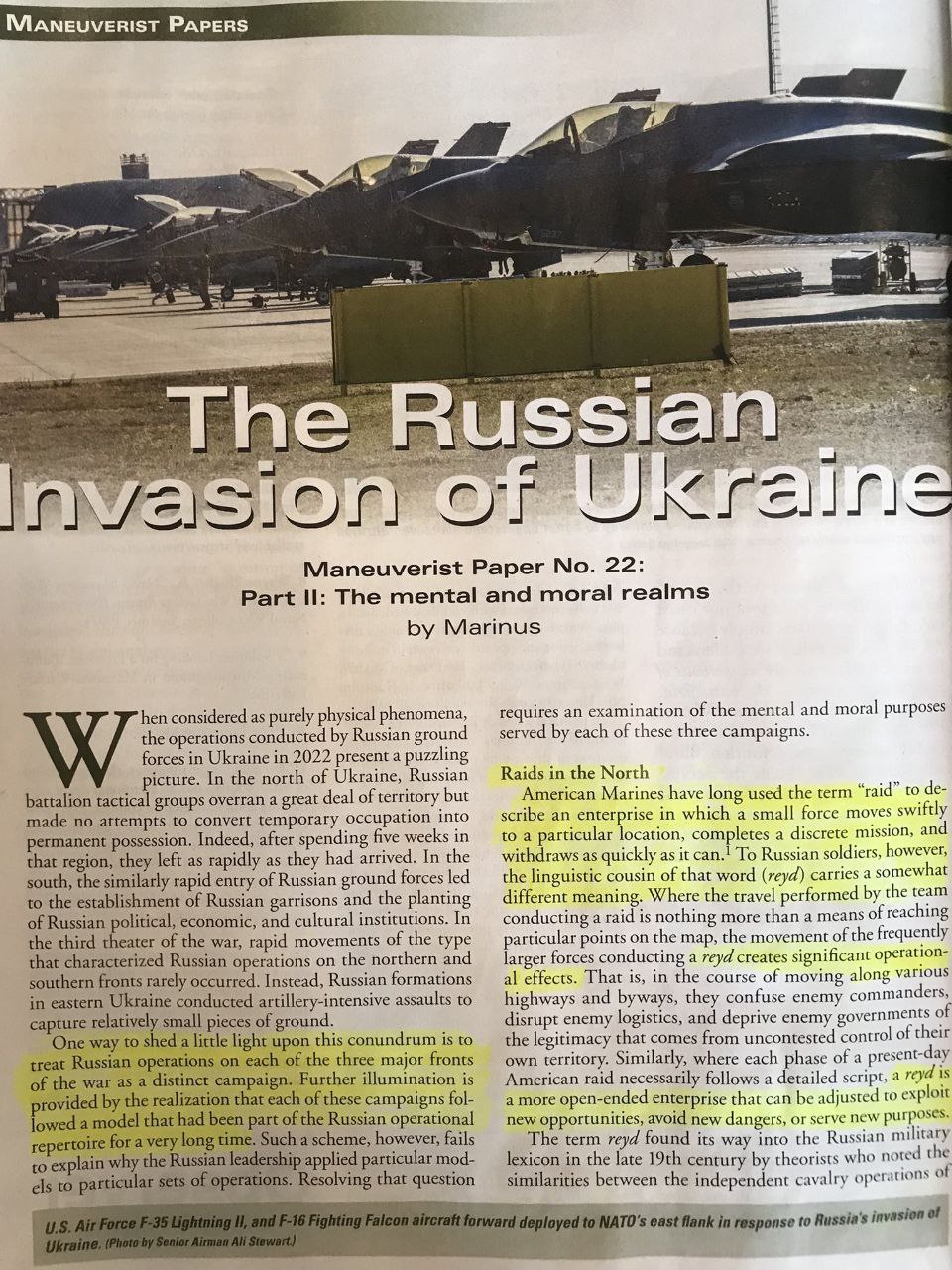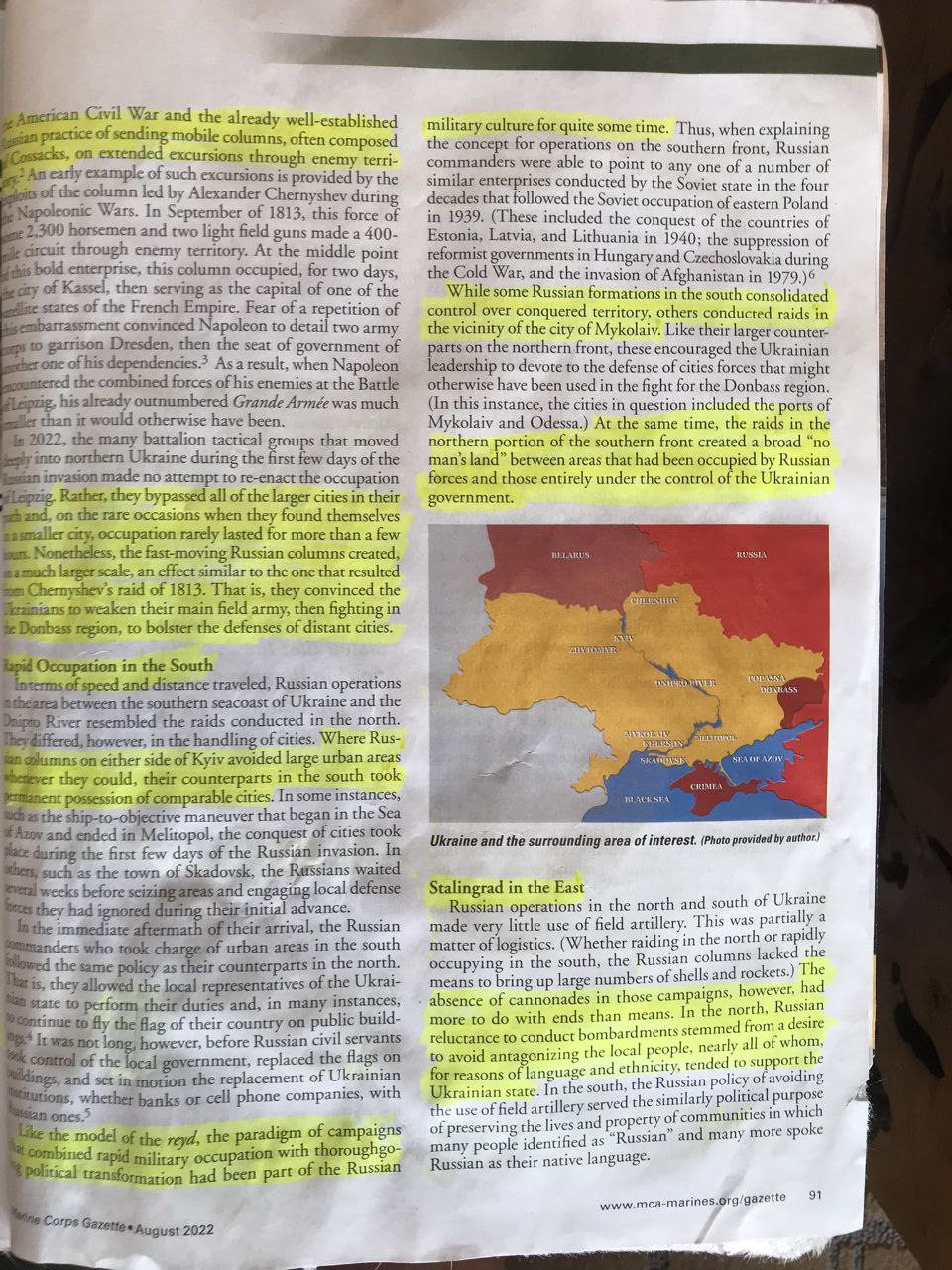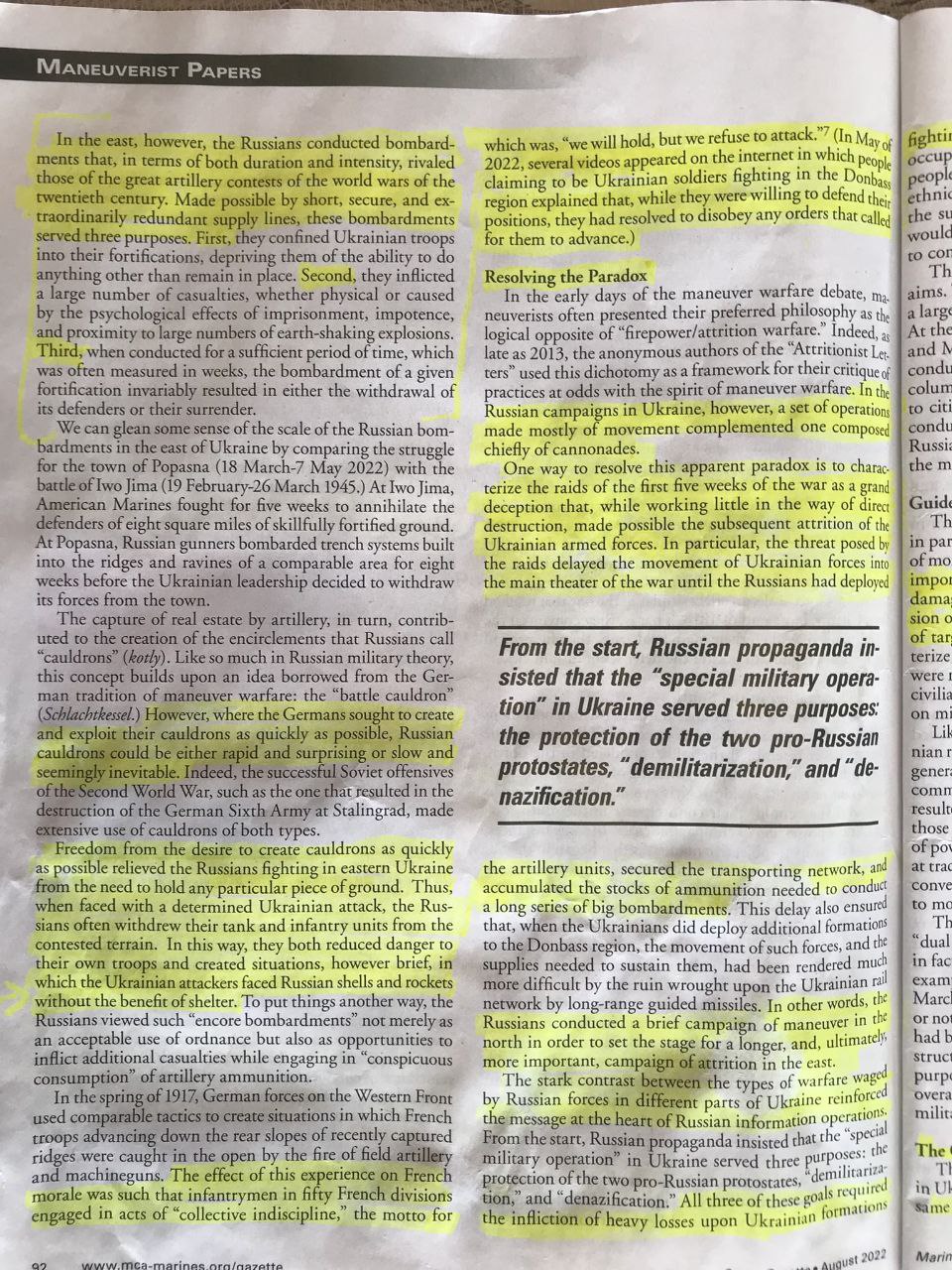CascadeOfLight [he/him]
- 2 Posts
- 40 Comments

 11·4 days ago
11·4 days ago Your Honor, I hardly think the defendant should be addressing the jury in this manner
Your Honor, I hardly think the defendant should be addressing the jury in this manner 

 33·5 days ago
33·5 days agoI know she said that the Minsk agreements were just to buy time to arm Ukraine, but I think she was lying. Germany obviously wanted to deal with Russia, it wanted the cheap energy and resources Russia offered and its manufacturing base was built upon this clearly beneficial arrangement. There’s a reason the US had to blow up Nordstream themselves, because otherwise the Germans would have eventually caved to their own economic interests and started rebuilding relations with Russia.
So I believe the Germans really did go into the Minsk agreements in good faith, but the US and UK were always planning to backstab both Russia and their continental European ‘allies’. As for why Merkel then claimed Minsk was a lie - the political climate in Europe at that point had reached a full crescendo of Russophobia, and even the slightest sympathy for the Russian devil was being rooted out inquisition-style, so I think part of it was her trying to avoid having her political legacy tarnished by fanatics accusing her of being “soft” or “naive” about Russia just as she was about to retire.
Putin’s almost theatrical response to her claims, putting out a speech where he seemed personally affronted, also makes me think that he didn’t really believe it either, but that he knew it was absolute gold in terms of pointing out the perfidiousness and hypocrisy of the west to an audience of the rest of the world.
I also think - and this is going into the realms of psychoanalyzing that we rightfully dismiss, but whatever - that to some extent, having worked with each other for almost twenty years that Merkel and Putin had a kind of grudging respect for each other, and Merkel made these statements both as a way to spite the Atlanticists who ruined her project of ‘German economic development using Russian materials’ and also as some kind of a parting gift for Putin, because she’s far too politically savvy to not know how these things would sound to the rest of the world. But then again, it may have just been her self-servingly falling in line with the prevailing narrative.

 28·5 days ago
28·5 days agoBut another part is ironically the decentralization of research effort as it is privatized.
A slight side-track, but this always pisses me off when people say things like “well, war might be terrible, but it does drive scientific progress…”
No it doesn’t! It just centralizes research! It forces a bunch of disparate capitalist scientific institutions to be directed by a central body, with the goal of actually making breakthroughs instead of just finding new ways to make profit.

 29·5 days ago
29·5 days agoAs they should have known from their history, one fascist’s life is worth at least 50 French lives.
So they’ve saved their Azov buddies the equivalent of an entire casualty.

 54·7 days ago
54·7 days ago
 Qin Shi Huangdi’s foremost ecomaoist supersoldier
Qin Shi Huangdi’s foremost ecomaoist supersoldier

 30·9 days ago
30·9 days agoLokomotiv
Metallurg
Gagarin Cup
A glimpse into a better world


 10·14 days ago
10·14 days agoThis is exactly how I feel, and is only a problem to liberals (I mean philosophical liberals) who don’t understand that certain ends can only be reached by certain means, and conversely certain means can never reach certain ends.
They live in a reality where “authoritarian” measures like a one-party state are just the personal preference of dictatorial leaders who are misguided or evil and who could have just chosen to be “good” instead, rather than those measures being the only way to survive the imperial onslaught.

 19·14 days ago
19·14 days agotrolley problem


 15·14 days ago
15·14 days agoNot only is it scientific, not only is it science, it is the scientific method. Or rather, Marxism (dialectical materialism) as a philosophy contains the scientific method - as a justified part of a whole philosophy, rather than a free-floating ‘neat idea’ as it is for capitalist scientists.
To a dialectical materialist, the only way to understand the world, i.e. develop a theory about it, is through practice in the world. Practice and theory form an inseparable dialectical union. Make a theory, test it in practice, revise the theory, revise the tests, iterate again and again until you can fully describe the phenomenon you’re studying.
Marx and Engels expressed this as part of the philosophy of dialectical materialism, an advancement beyond Hegel’s dialectical idealism, and then used these methods to study economic relations and the society that results from them. But dialectical materialism goes beyond the theories of political economy that Marx developed using it, even if the search for answers about political economy was what caused Marx to develop it in the first place.
If this formula (theorize, test, theorize) seems completely obvious as the only way to generate knowledge about the world, it’s only because most competing philosophies of knowledge have fallen by the wayside. But even so, this is not actually the dominant understanding in the world today, because all bourgeoise science eventually has to blind itself to reality, smudge its own results and ignore the real explanations of phenomena in order to justify its own existence. And even when scientists do manage to follow this method, either through principle or in a field that capitalist ideology doesn’t need to corrupt, an understanding of dialectics gives it a much deeper and richer meaning.
Only under dialectical materialism, the proper philosophy of the working class, is true science even possible. And the results speak for themselves, because an advantage in creating true knowledge about the world gives an advantage in controlling the phenomena of the world, so throughout history, socialist nations have made strides in scientific progress, matched by strides in industial progress, far in advance of what the capitalists can achieve.

 26·19 days ago
26·19 days agoSomeone else watched this movie? It’s fucking incredible.
I could go on for hours about every single perfect fucked up thing in this movie, but I’ll stick to just one: I love how he blasts his way through like three different ‘lieutenant’ type enemies, that in any other film would be showing up repeatedly, chasing him down in a cat-and-mouse game until the one final decisive battle just before the showdown with the main villain, but no - they’re introduced, they fight, he kills them, they’re forgotten about and the next one is lined up. He’s simply an unstoppable, almost elemental force that never faces a single challenge or setback.

 12·22 days ago
12·22 days agoI wonder, how many people would Russia have to assassinate before the knowledge of various US weapon systems is lost like Greek fire?

 19·26 days ago
19·26 days agoHe is the world-soul of this era


 28·28 days ago
28·28 days agoGangled Cannibal
Maoist Standard English epithets for white people get more inventive every day

 4·29 days ago
4·29 days agoThanks, I’ll save these links. I guess as ever it’s more nuanced but at least China seems like a positive influence.
I hadn’t seen that last one though - “Is it time to embrace Congo’s artisanal cobalt miners?” fucking hell


 11·29 days ago
11·29 days agoI’m afraid I don’t have links, but I remember reading that since China started making moves on cobalt, the rate of ‘artisanal’ cobalt mining (people with no protective gear scraping cobalt ore out with more or less their bare hands, not for an hourly wage but to ‘sell’ the ore back to the mine owners) has plummeted and been replaced by normal mechanized professional mining operations.
Because, while the former is superior if you’re running the mine to extract the maximum profit by paying low wages and selling for a high price, the latter is better if you want to get a very large amount of cobalt very quickly and efficiently so you can build a lot of infrastructure.

 5·1 month ago
5·1 month agoYou know you’re right, how could I have been fooled by the well known Russian cope-mongers at the Marine Corps Gazette

 32·1 month ago
32·1 month agoI'm gonna post it again!




Russia’s raid against Kiev was both a low-probability stab at ending the war immediately, as well as a pinning maneuver that held a large Ukrainian force immobilized and covered Russia’s two other campaigns in the south and east. If the Russians had expected the Kiev column to work on its own, why would they have bothered with the other two prongs of their attack?
Conversely, if it gives a huge strategic advantage and there’s a chance it could end the whole war instantly, why not do it? (In fact, as we now know, if not for Boris Johnson personally visiting Zelensky and swearing that NATO would give everything to ensure a Ukrainian victory, a peace deal would have been signed in April 2022)
This way of thinking betrays an undialectical understanding of why actors act, where they do things for ‘a’ reason rather than because the set of reasons to do it outweighs the set of reasons not to do it. Then, if the action fails to achieve ‘the’ reason, it is a failure as a whole: the actor must be foolish or have made a mistake, and any advantage gained was an accident, or it’s even asserted that because of the apparent failure they cannot have gained any advantage! Western commentators are unable to go beyond this - frankly, they’re unable to grasp that their enemies act for reasons rather than just an innate urge to do evil - but it’s useless as a way of analysing the world, especially when it comes to questions such as why the US even started this war in the first place.
I’ve seen people argue that the US miscalculated, that the war has been a failure because neither the Ukrainian military nor the sanctions have put a dent in Russia’s performance, but actually destroying Russia and breaking it open for the neoliberals to feast on was only the most favorable possible outcome.
- Cutting Europe off from Eurasian economic integration and making them dependent on US gas imports is still a win for the Empire
- Laundering enormous amounts of money through Ukraine and back into US MIC stocks and (Democrat) politicians’ pockets is a win for a subset of high-ranking imperial ghouls
- Privatizing Ukrainian assets to pay for war debts and seizing control of land and state resources is a win for rentier megacorps like Blackrock
- Tightening security in the face of an external enemy and dipping their beaks in the pot of US arms spending - even as their real economies die off - is a win for the European suzerains
Even if the capital-R ‘Reason’ of destroying Russia had only a slim chance of success and, as we can see, has failed, the other reasons to start the war still far outweighed the reasons not to.

 6·1 month ago
6·1 month agoWhy join the cops? Just show up to a protest and “accidentally” hit one of them in the back of the head with a brick. And then in the balls.
…oh, that already happened? Never mind then.






